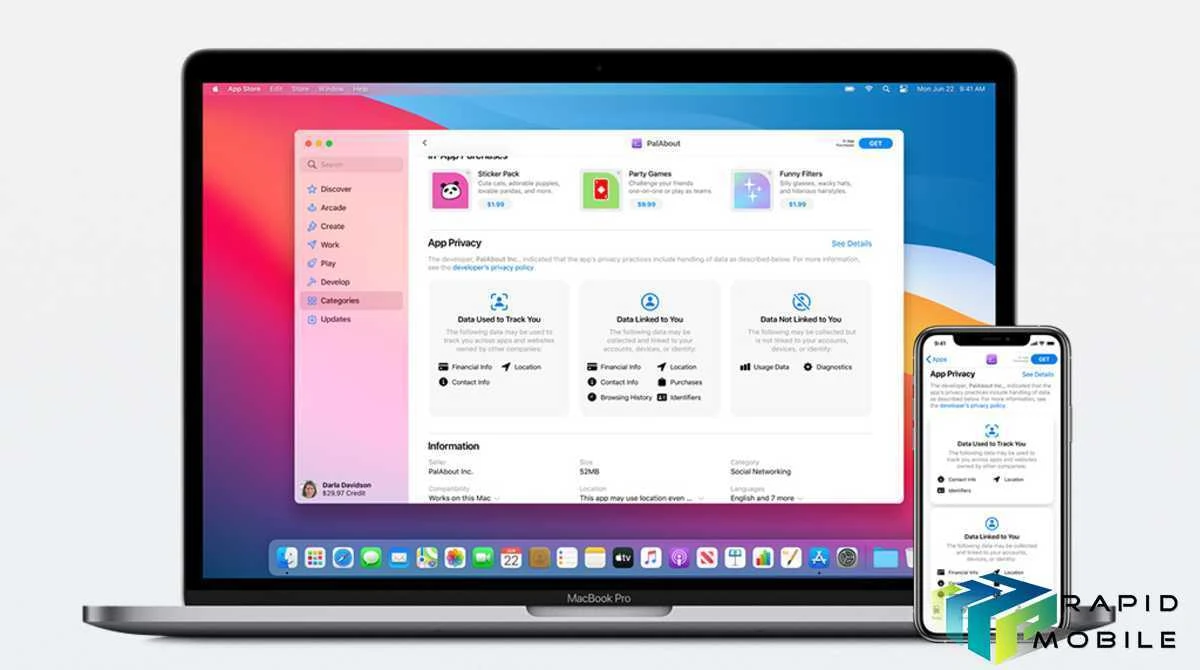Apple is delaying its requirement that app developers get opt-in permission before tracking iPhone users, which had been set to go into effect with the release of iOS 14 this fall. After complaints from partners, the company said it will delay that requirement until early 2021.
Analysts said Apple’s postponement of the opt-in privacy requirements, specifically for access to the Identifier for Advertisers (IDFA), will give app publishers more time to comply with the new rules — and avoid a potentially sizeable drop in Q4 ad revenue.
“We want to give developers the time they need to make the necessary changes, and as a result, the requirement to use this tracking permission will go into effect early next year,” the company said.
However, it added that it remained committed to implementing the changes and to giving users the ability to opt out of tracking “on an app-by-app basis”. Apple said:
“We believe technology should protect users’ fundamental right to privacy. And that means giving users tools to understand which apps and websites may be sharing their data with other companies for advertising or advertising measurement purposes, as well as the tools to revoke permission for this tracking.”
The current iOS 13 operating system provides opt-out privacy features, and the move to require explicit consent from users to allow apps to track them is expected to significantly curtail the ability for advertisers to use IDFA.
Last week, Facebook said Apple’s opt-in IDFA change with iOS 14 could cut revenue for third-party publishers in its Audience Network by more than a 50%.
“In reality, the impact to Audience Network on iOS 14 may be much more, so we are working on short- and long-term strategies to support publishers through these changes,” the company said.
“Like all ad networks on iOS 14, advertiser ability to accurately target and measure their campaigns on Audience Network will be impacted, and as a result publishers should expect their ability to effectively monetise on Audience Network to decrease,”“Ultimately, despite our best efforts, Apple’s updates may render Audience Network so ineffective on iOS 14 that it may not make sense to offer it on iOS 14.”
Now Facebook and others have a few more months to get prepared for the change. In an update for developers, Apple said,
“We are committed to ensuring users can choose whether or not they allow an app to track them.”
“To give developers time to make necessary changes, apps will be required to obtain permission to track users starting early next year. More information, including an update to the App Store Review Guidelines, will follow this fall.”
Apple originally announced several privacy changes to iOS 14 at its virtual WWDC in June. Under the now-postponed tracking rule, iOS apps (and those for iPadOS and tvOS) will be required to obtain user permission to track users across apps or websites owned by other companies, or to access the device’s IDFA advertising identifier.
Other privacy updates for iOS 14 will remain in effect. Those include requiring developers to self-report privacy summaries for their apps in the App Store, and the ability for users to get more details into an app’s use of the microphone and camera. Also, iOS 14 will let users share only their approximate location (in addition to the option of blocking that altogether).



